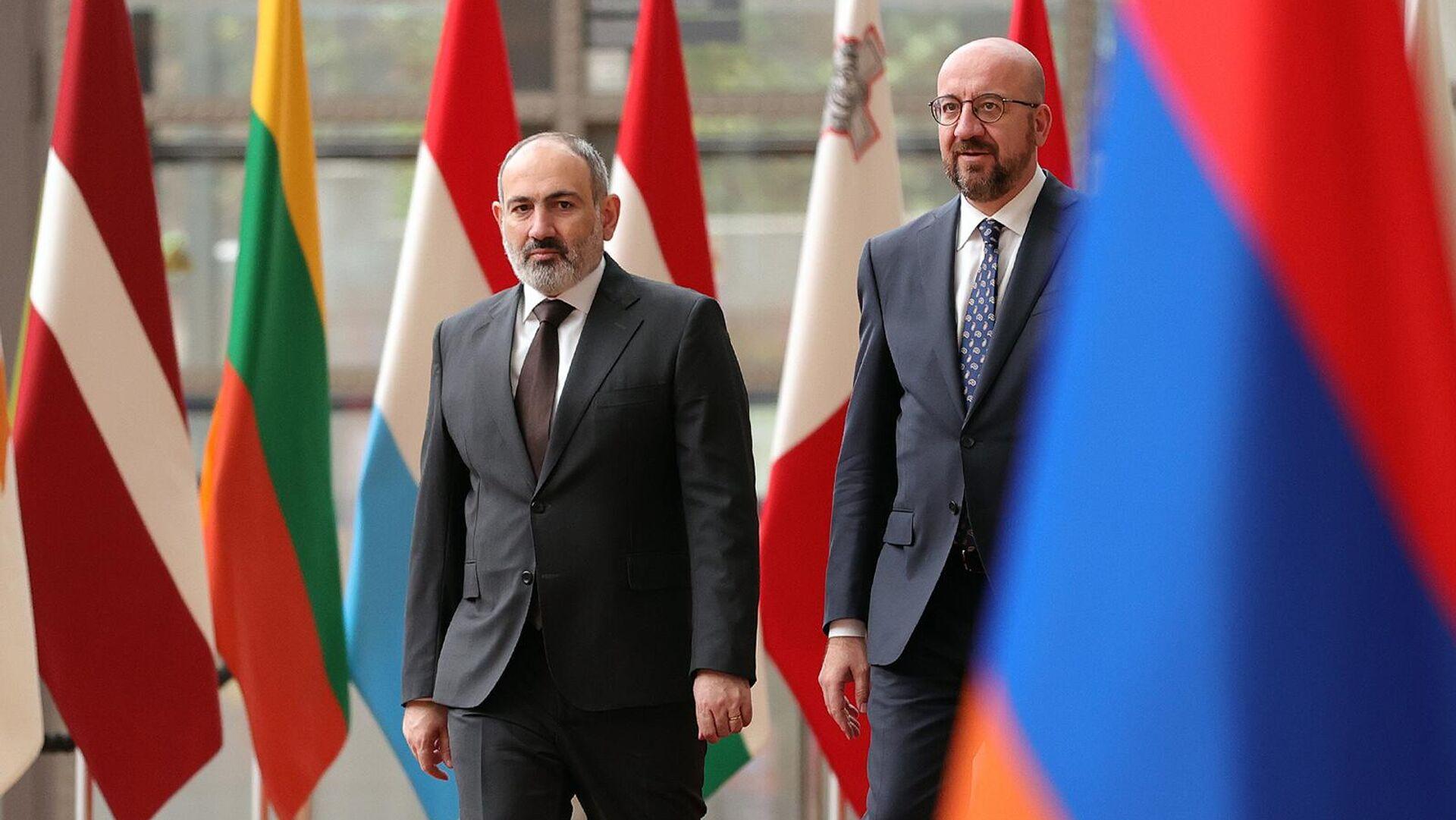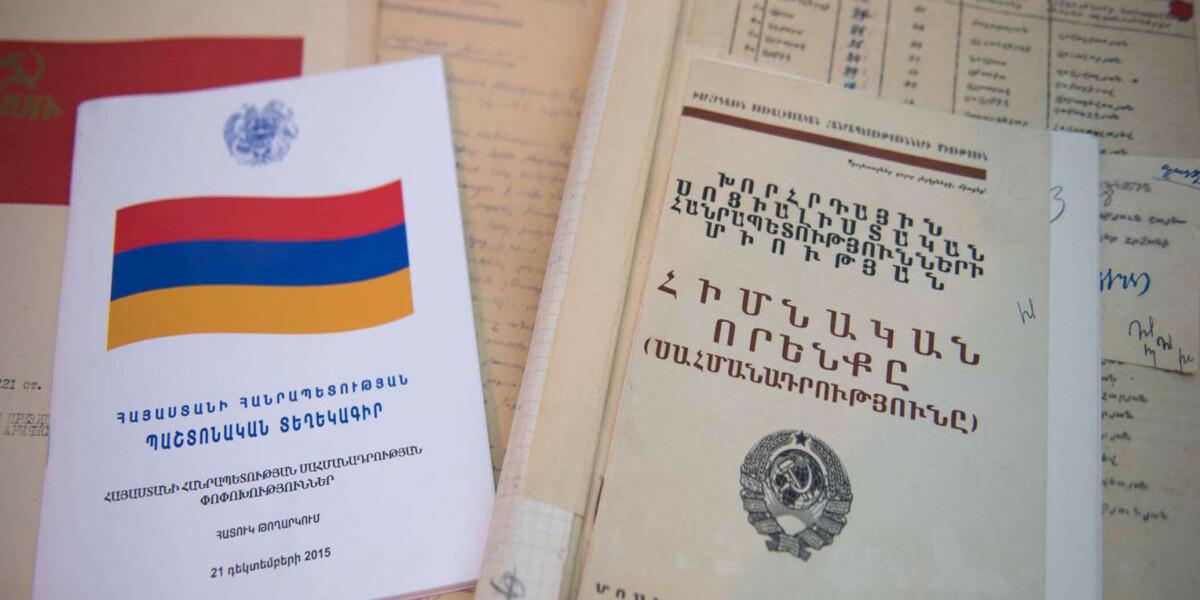Pashinyan’s Independence Day speech reveals deepening gaps in Armenian strategy One step forward, three steps back
In an address marking the 34th anniversary of Armenia’s Declaration of Independence, Prime Minister Nikol Pashinyan, adhered, as anticipated, to his characteristic stance. Although maintaining personal consistency is generally considered admirable, this principle becomes problematic in the realm of geopolitics, particularly when the nation's welfare and the interests of its people are at stake.
This issue is particularly evident in Pashinyan’s handling of diplomatic agreements. Notably, after participating in trilateral negotiations in Brussels alongside Charles Michel, Pashinyan initially concurred with the European Council President’s statements.
However, upon returning to Yerevan, he contradicted several key aspects of Michel's final communiqué. This pattern of contradicting prior commitments highlights a troubling inconsistency in his approach to international negotiations.

A similar situation unfolded recently with Prime Minister Pashinyan's discourse on the necessity of amending specific provisions of Armenia's constitution. After initially advocating for these revisions, Pashinyan later contradicted his own position, deferring the discussion to 2027.
Consequently, it is not surprising that in his latest address, the Armenian Prime Minister once again highlighted the contentious Declaration of Independence, which explicitly articulates Yerevan’s territorial claims against Azerbaijan. Given that Armenia’s Constitution is grounded in this declaration, the fundamental legal framework of the neighboring country effectively underscores Yerevan’s aggressive intentions towards Azerbaijan.
More specifically, in his address, Pashinyan characterized the Declaration of Independence as a document through which "the people of Armenia declared their desire to establish an independent state and recorded their will." He asserted that this will includes, among other things, territorial claims against Azerbaijan.
True to form, Pashinyan both voiced this sentiment, catering to anti-Azerbaijani sentiments among his supporters, and then attempted to mitigate its impact. He highlighted that while the preamble of Armenia's Constitution references the Declaration, this does not mean that the entire content of the Declaration is enshrined in the Constitution or that the two documents are identical.
For those unfamiliar with the nuances of Pashinyan's statements, his rhetoric may seem convoluted. However, Azerbaijan fully grasps the implications of the Armenian Prime Minister's words. Pashinyan's assurances to the Armenian public that "the Republic of Armenia’s Constitution reflects only those provisions of the Declaration of Independence that are expressed directly and verbatim, and any other interpretation is inappropriate" amount to little more than linguistic maneuvering.
He has never explicitly renounced Armenia's territorial claims against Azerbaijan as outlined in the Declaration, nor has he publicly committed to revising the Constitution to address these claims. The situation remains unchanged: one step forward, three steps back. Yet, as they say, this is nothing new for us.

Another intriguing aspect of Pashinyan's address was his portrayal of concepts such as independence, statehood, and citizenship, which he described as being interpreted through "completely different formulas of thinking" that the Armenian people are supposedly embracing and developing today.
While this concept sounds impressive in theory, it starkly contrasts with the reality in Armenia. In practice, revanchist sentiments still dominate Armenian society, as evident from a quick review of Armenian news sources. Moreover, Yerevan continues to accept arms and military personnel from various sources, calling into question the authenticity of these so-called "modern formulas" of thinking.
This disconnect highlights a recurring problem in official Yerevan: a cycle of disavowals and verbal assurances that fail to translate into meaningful change. The stark contrast between Pashinyan’s rhetoric and actual policy actions underscores a significant gap, one that risks undermining not only his leadership but also the future stability of Armenia itself.
By Teymur Atayev








